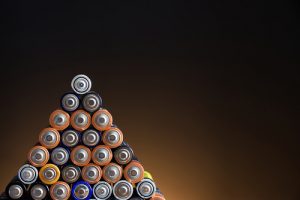 For the 21st consecutive year, Call2Recycle set a new record in its battery and cellphone collection volume last year. But 2016 also marked an important year, because much of the growth was in collection of single-use batteries.
For the 21st consecutive year, Call2Recycle set a new record in its battery and cellphone collection volume last year. But 2016 also marked an important year, because much of the growth was in collection of single-use batteries.

 For the 21st consecutive year, Call2Recycle set a new record in its battery and cellphone collection volume last year. But 2016 also marked an important year, because much of the growth was in collection of single-use batteries.
For the 21st consecutive year, Call2Recycle set a new record in its battery and cellphone collection volume last year. But 2016 also marked an important year, because much of the growth was in collection of single-use batteries.
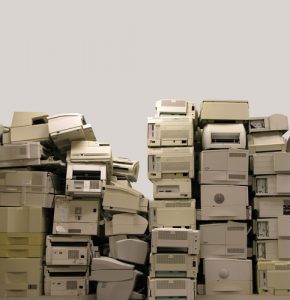 A manufacturer has been recognized for its process that uses 100 percent post-consumer plastics from e-scrap, as well as packaging and textiles, sourced from recycling companies across the U.S.
A manufacturer has been recognized for its process that uses 100 percent post-consumer plastics from e-scrap, as well as packaging and textiles, sourced from recycling companies across the U.S.
 One of the country’s largest outlets for CRT glass, Closed Loop Refining and Recovery, is no longer certified to the R2 standard in Arizona and has seen its certification in Ohio suspended.
One of the country’s largest outlets for CRT glass, Closed Loop Refining and Recovery, is no longer certified to the R2 standard in Arizona and has seen its certification in Ohio suspended.
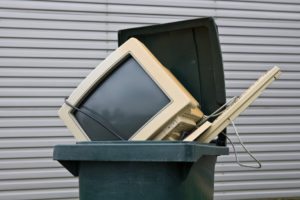 United Nations University (UNU) recently released a report on possible uses for CRT glass, but even the report authors want to see more research conducted.
United Nations University (UNU) recently released a report on possible uses for CRT glass, but even the report authors want to see more research conducted.
 R2 and e-Stewards representatives are challenging the legality of a bill in Illinois that prohibits accrediting organizations from penalizing e-scrap companies if they send CRT glass to storage cells at a landfill.
R2 and e-Stewards representatives are challenging the legality of a bill in Illinois that prohibits accrediting organizations from penalizing e-scrap companies if they send CRT glass to storage cells at a landfill.
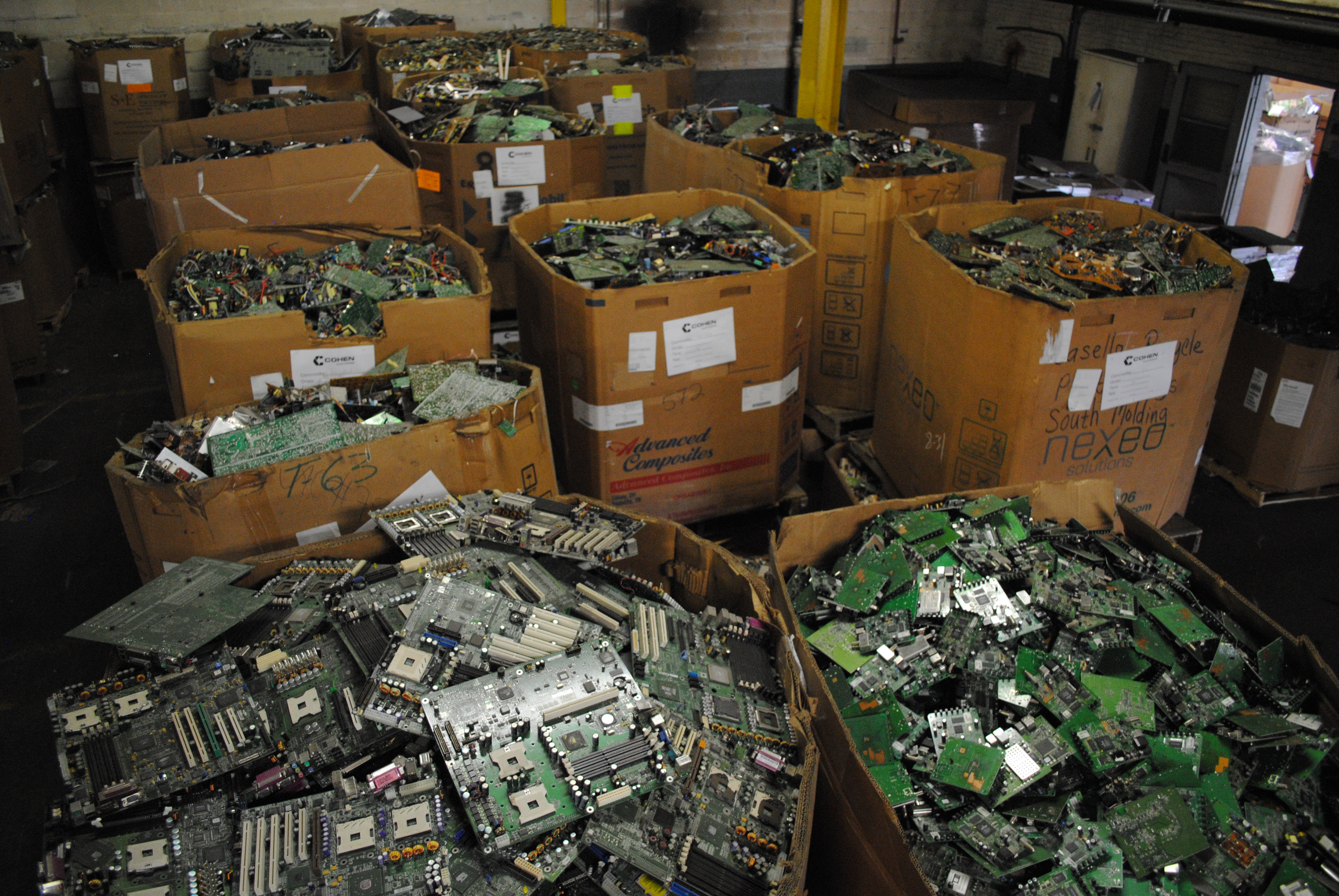 An upcoming update to the RIOS certification will include stronger health and safety requirements and a greater focus on the global recycling industry.
An upcoming update to the RIOS certification will include stronger health and safety requirements and a greater focus on the global recycling industry.
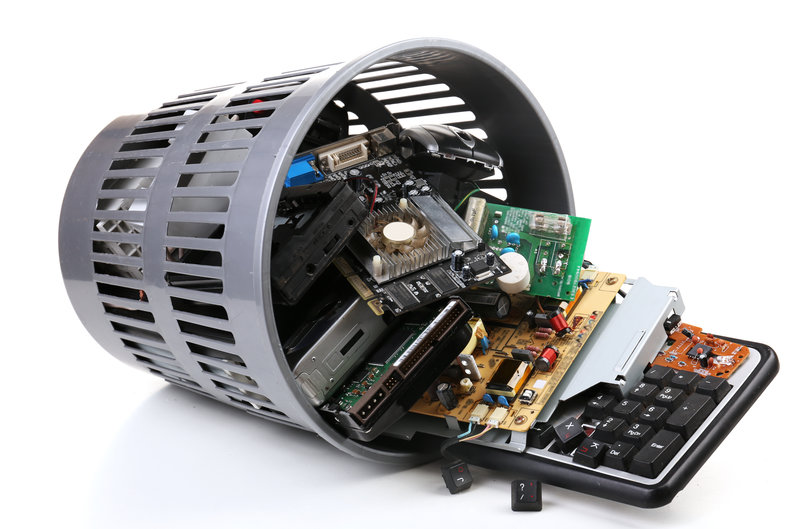 Sustainable Electronics Recycling International has started compiling and publicly posting lists of e-scrap companies with suspended, revoked, expired or reinstated R2 certifications.
Sustainable Electronics Recycling International has started compiling and publicly posting lists of e-scrap companies with suspended, revoked, expired or reinstated R2 certifications.
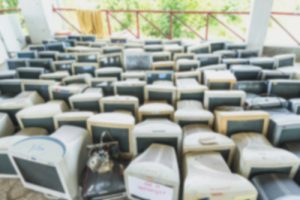 When an electronics recycling facility achieves R2 certification, stipulations of the standard extend to activities outside the walls of that building, according to a recent decision.
When an electronics recycling facility achieves R2 certification, stipulations of the standard extend to activities outside the walls of that building, according to a recent decision.
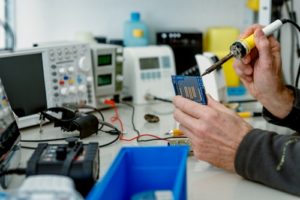
Sustainable Electronics Recycling International is working on updates to the R2 standard, with potential changes in a host of high-interest areas.
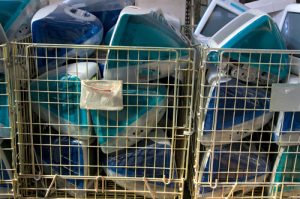 An update to the e-scrap recycling certification standard incorporates the latest version of the ISO 14001 standard, as well as approved amendments to the second e-Stewards iteration and other changes.
An update to the e-scrap recycling certification standard incorporates the latest version of the ISO 14001 standard, as well as approved amendments to the second e-Stewards iteration and other changes.
